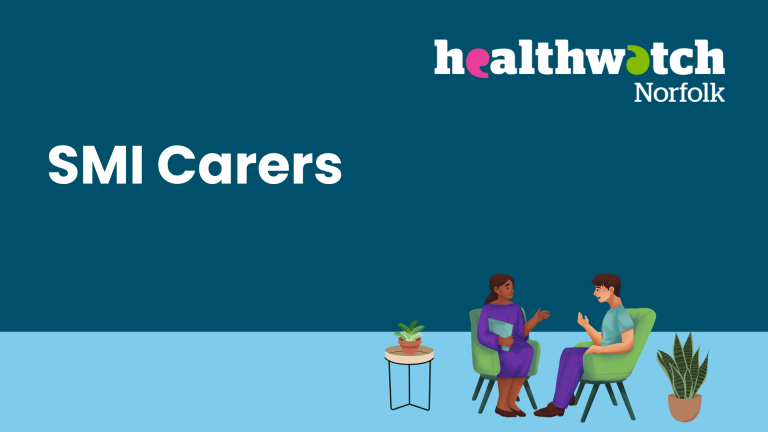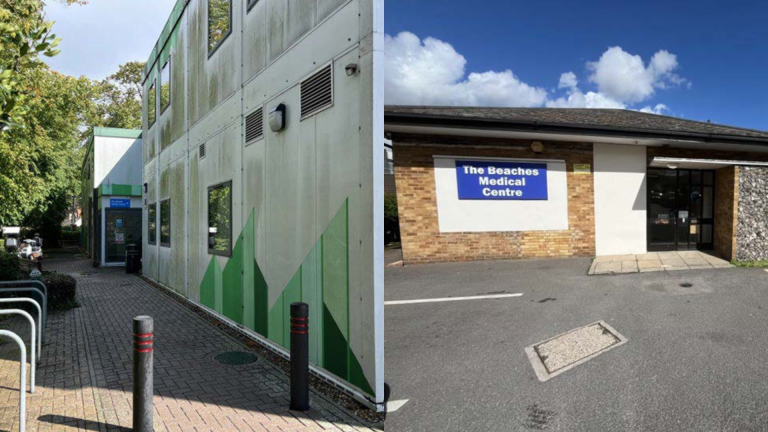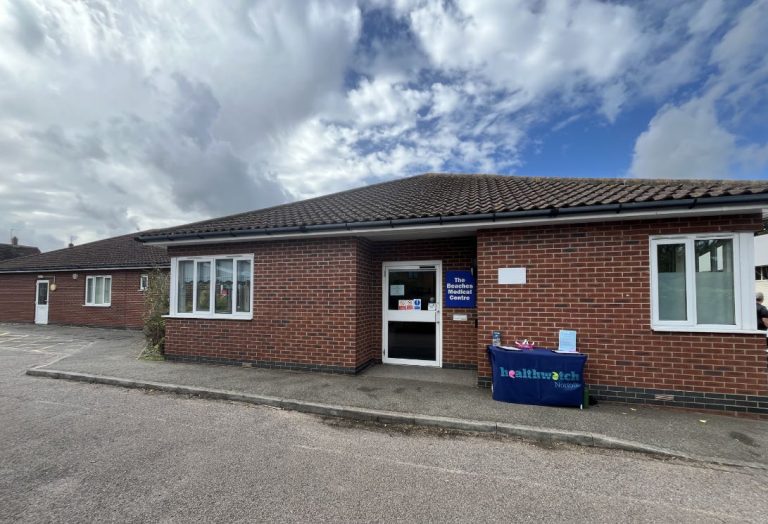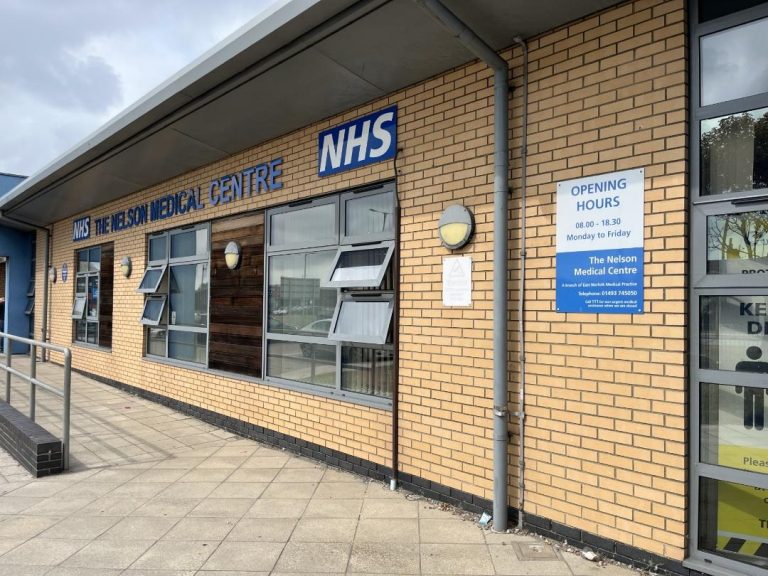South Norfolk and Broadland District Councils have been piloting a scheme, called Waiting Well, aimed at supporting patients in areas who are currently on the waiting list for orthopaedic treatment/ surgery at the Norfolk and Norwich University Hospitals (NNUH). Patients were contacted by the District Councils and offered support based on their level of need, including home adaptations, physiotherapy, and mental wellbeing support.
South Norfolk and Broadland District Councils commissioned Healthwatch Norfolk to evaluate the effectiveness and value of this pilot scheme, by engaging with patients to gather their experiences of receiving support. Baseline questions were asked at initial point of contact to find out how patients’ lives have been affected prior to receiving support. A follow up survey was then conducted to gather feedback on patients’ experiences of receiving support from the District Councils and whether the support had made things better.
The number of people we aimed to speak with for this project was based on all those on the orthopaedic waiting list, at NNUH, who live within the South Norfolk and Broadland District Council catchment areas. The district councils reported 797 patients were contacted via phone call or visit. Healthwatch Norfolk received baseline data and contact information for 81 (10%) of these. After a period of time, to allow participants to receive and benefit from support, Healthwatch Norfolk contacted people on this list to offer them the opportunity to take part in the follow up survey. We received 42 (52%) responses either through phone conversations or completed surveys in the post.
From the follow up surveys, Healthwatch Norfolk were able to identify where the Waiting Well scheme has worked well and where improvements are needed should South Norfolk and Broadland District Councils continue to offer support through the Waiting Well scheme. Additionally, these findings could be useful for other district councils should they choose to roll out similar schemes.
We heard from 42 (52%) of those who we had contact details for but 13 (31%) told us that they had no recollection of being contacted by South Norfolk and Broadland District Councils or were aware of what the Waiting Well scheme was.
Home adaptations were the most common requested support, with 21 (50%) of the 42 participants wanting to access this kind of support. We also heard that the main reasons for people taking part in the scheme was to improve their quality of life or because they were struggling to cope. Additionally, several respondents told us that they took part because they were encouraged by the council to do so.
We received a mixed response of both good and bad experiences of the Waiting Well scheme from participants. Whilst some received support in a prompt manner, others told us they did not receive any support at all or were rejected/did not qualify for support that they were offered.
Those who had an overall good experience were happy with both the speed in which they received support and the level of communication from the Council during the process. Additionally, those who had a good experience receiving support from the Council felt that the support offered to them at the time was right for their needs and where participants were not sure what they needed, assessments were offered to help identify suitable options.
Those who had a negative experience of the Waiting Well scheme included those who did not receive support from the councils or did not meet eligibility criteria for support. Others found that communication from the councils was minimal, or non-existent, after the initial contact by a council representative. Several felt that a better follow up procedure should be in place to check that support has actually been received.
One area that participants felt there needed to be improvements was regarding the information about the Waiting Well scheme. Of those we heard from few knew the scheme was called ‘Waiting Well’, furthermore participants felt that initial contact was out of the blue and would have preferred to have more information prior to the Council representative reaching out to them.
An area for concern that we identified was that participants were unaware that Healthwatch Norfolk would be contacting them to follow up and gather their feedback on their experiences of receiving support. Some also told us that they were surprised to receive the initial contact from the council and felt that written information prior to this would have been beneficial to understand how and why their contact information had been shared with the council.
Recommendations
From the findings of this piece of work, several recommendations can be made for South Norfolk and Broadland District Councils regarding the Waiting Well scheme and how to improve this going forward.
1. Information – improve the information available about the scheme with materials such as leaflets to detail available support options allowing patients time to review and consider options. If a scheme is being referred to with an internal name (e.g. Waiting Well), ensure that patients taking part are aware of this so they are able to reference this where necessary.
2. Communication – improve the communication with those who agree to receive support to keep them updated on the progress of when support will be given to them. Additionally, provide a contact number of those running the scheme so issues can be addressed in good time and so patients can get in touch should they change their mind regarding receiving support.
3. Follow up – develop a follow up procedure to check in with patients and ensure that support has been received, if the support is suitable/appropriate/fit for purpose, and to determine if support is still needed or further support required.
4. Transparency – ensure patients are aware about where their contact information has come from, and who it is being shared with (if applicable) so that they are not surprised by any future contact regarding the scheme.
The scheme itself would appear to be very beneficial for patients on the waiting list for orthopaedic surgery and would be valuable to continue/take forward. However, issues around communication, information, and transparency would need to be addressed for this to be successful and would help with the uptake of the scheme itself.







